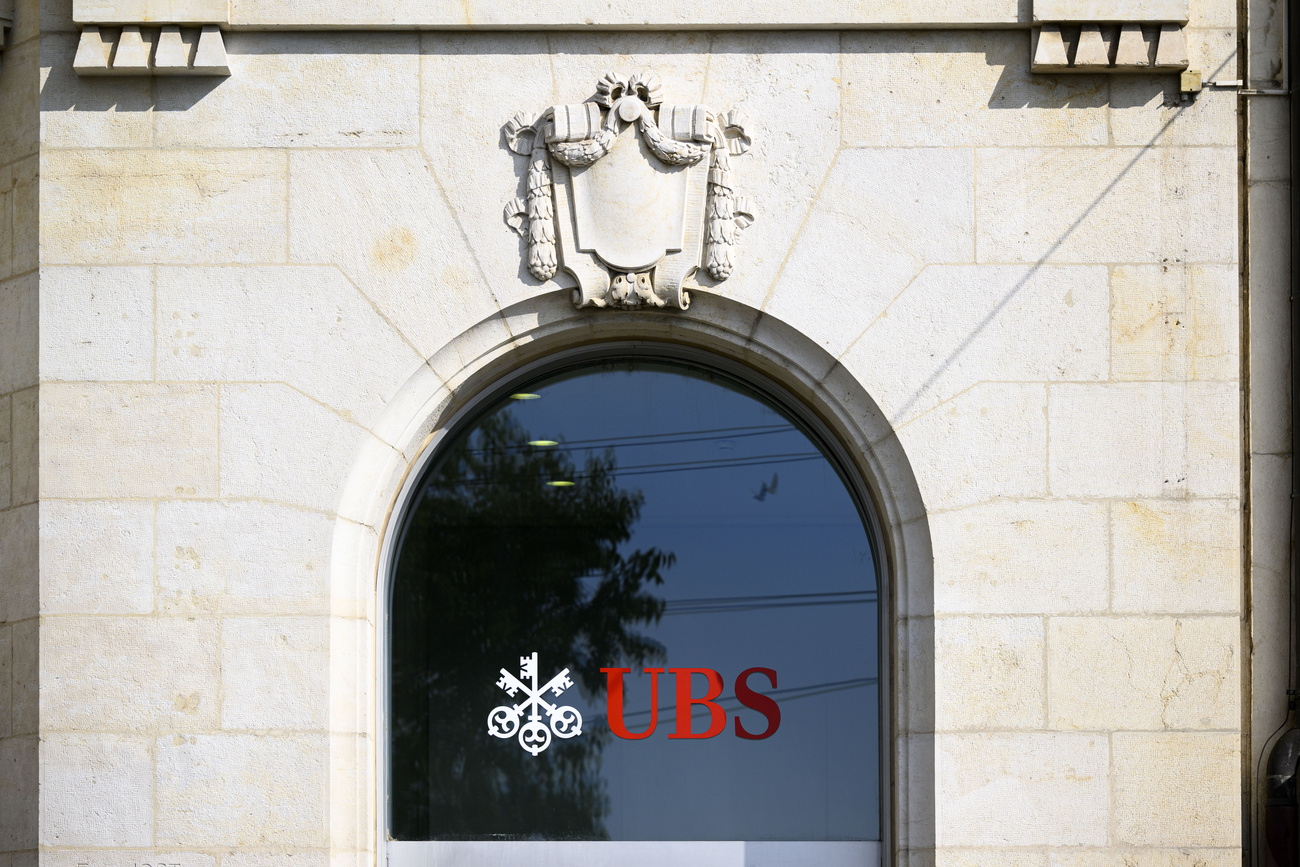
Swiss recognition of former Soviet republics took 15 minutes
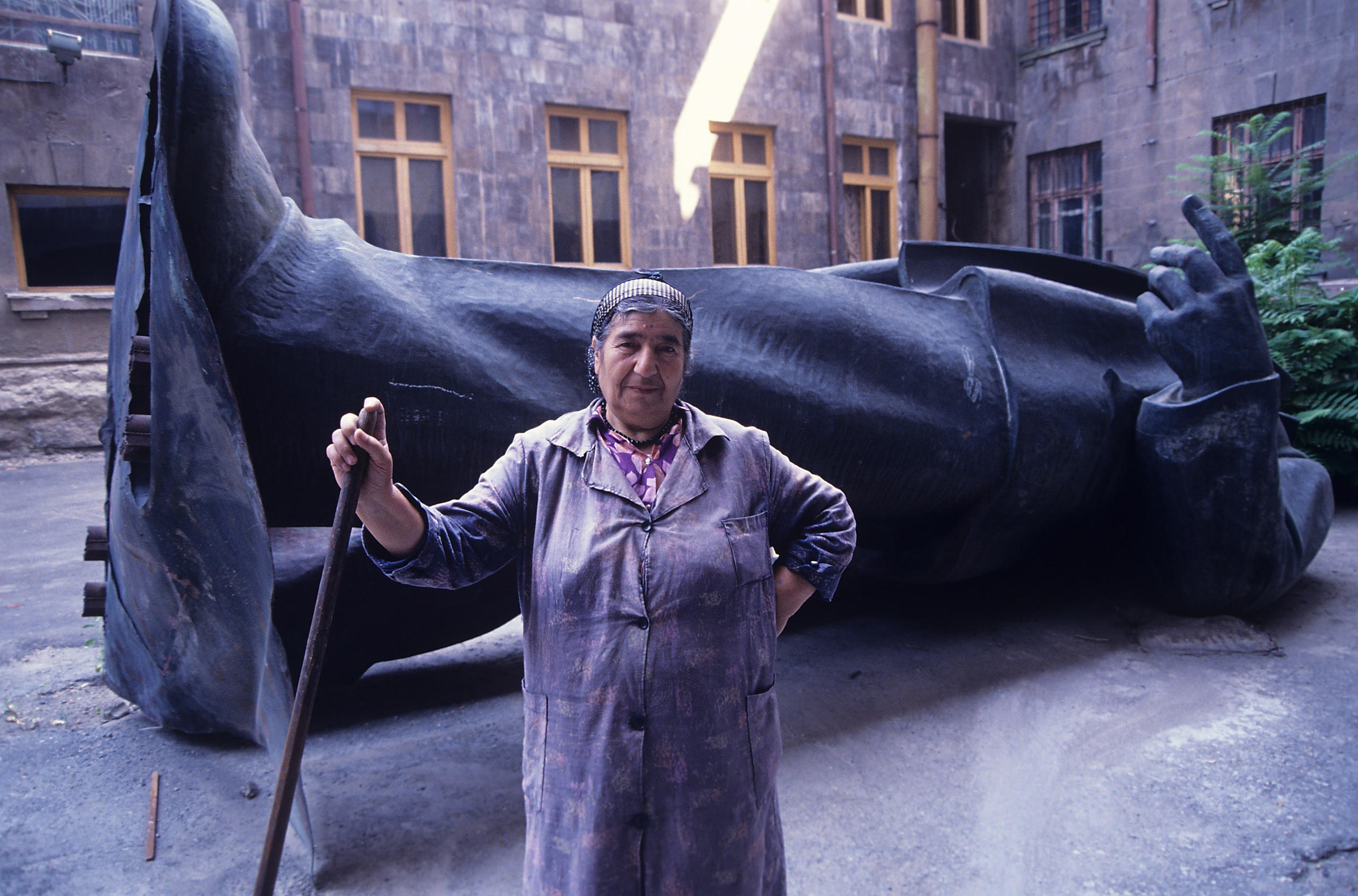
Documents from 1991 show that Switzerland swiftly recognised the new countries emerging out of the former Soviet Union. Today, the dynamics are no longer so straightforward.
Switzerland navigated its way through the Cold War years as a neutral State on the Western side. By the 1970s, a certain predictability had taken root in its relations with the Union of Soviet Socialist Republics (USSR). Switzerland still feared that Soviet tanks might appear on the shores of Lake Constance but in reality this threat was far-fetched.
In 1991, the bipolar world in which Switzerland had carved out a place for itself collapsed. The Alpine nation’s political leadership began to reflect on how to re-shape its policy towards Eastern Europe. Today, recently declassified files shed light on how Bern forged its stance with respect to the former Soviet republics.
At the time, there were no major differences of opinion on the issue. Switzerland was one of the first Western European countries to officially recognise the new States. “Apart from the early recognition of the People’s Republic of China on January 17, 1950, this is one of the few deviations from Switzerland’s usual policy of diplomatic recognition,” according to Sacha Zala, Director of the Research and Development Centre for the Diplomatic Documents of Switzerland project (Dodis).
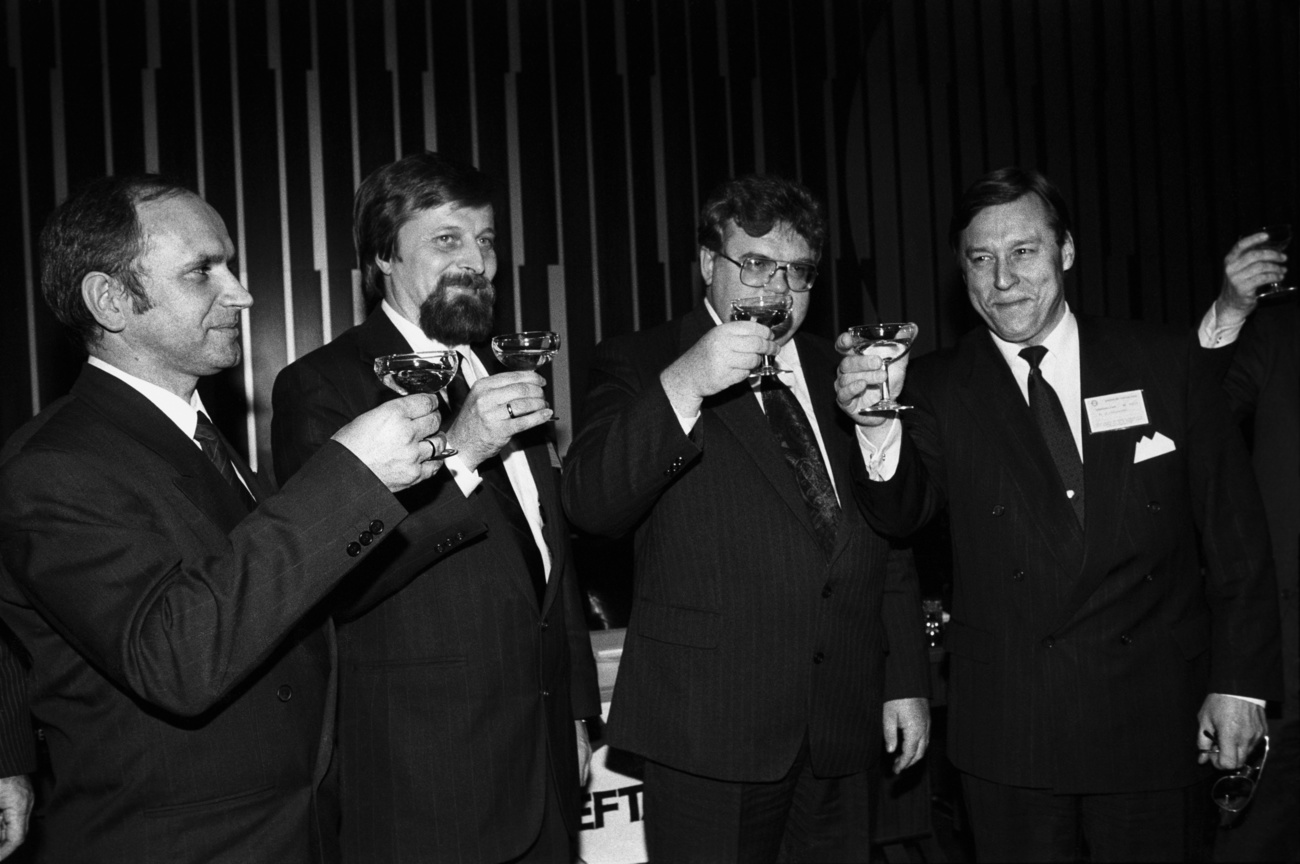
In early December 1991, the presidents of Ukraine, Russia and Belarus founded the Commonwealth of Independent States (CIS), putting an end to the Soviet Union, which had existed for exactly 67 years. Experts from the Swiss foreign ministry, advising on Switzerland’s official position on the issue, recommended not postponing recognition of the former USSR States – if they sought recognition and if it was obvious that “the point of no return” had been reached.
From Switzerland’s point of view, this point of no return was reached on December 21, 1991, when almost all the other former Soviet republics signed the Alma Ata Agreement, thereby ousting Mikhail Gorbachev and joining the CIS. Just two days later, shortly after midday, the Swiss cabinet held a telephone conference to discuss a foreign ministry motion to recognise under international law and establish diplomatic relations with the Russian Federation, Ukraine, Belarus, Kazakhstan, Moldova, Georgia, Armenia, Azerbaijan, Uzbekistan, Turkmenistan, Tajikistan and Kyrgyzstan.
The discussion lasted only 15 minutes, during which the cabinet agreed – in what was its last decision of 1991 – to grant the States recognition.
Gratitude to Switzerland
This early recognition of the independence of the former Soviet republics paid off. The Swiss ambassador in Moscow, Jean-Pierre Ritter, wrote in a telegram to Bern stating that he was always met with gratitude when travelling through the former republics of the USSR. Switzerland was viewed as “the first in Western Europe to recognise the new States and also the first to appear personally to formalise the establishment of relations”.
Switzerland also benefited materially from the appearance of the new States on the world map. After joining the Bretton Woods institutions, Bern wanted to secure a seat on the executive boards of the World Bank and International Monetary Fund. It therefore set up a group, under Swiss chairmanship, with joint voting rights in these structures, comprising Turkmenistan, Kyrgyzstan, Uzbekistan and Azerbaijan, as well as Poland. Kazakhstan and Tajikistan later also joined the so-called ‘Helvetistan Group’. As Thomas Bürgisser, research associate at Dodis, put it, “due to its commitment in Central Asia, Switzerland was able to make sure to have an influential position with these international financial institutions.”
Dilemma
In 1991, Switzerland seemed to have no difficulty at all in shaping and implementing its foreign policy towards the former USSR. What principles was this based on? An informative source in answering this question is a motion addressed to the Swiss government 20 years later, in March 2011, by Social Democrat lawmaker Hans-Jürg Fehr, calling for a “realignment” of Bern’s strategy within the Helvetistan Group. The motion called for a Swiss policy that should “differ significantly from relations with democratic States with respect to both the nature and the intensity of relations.” With this, the parliamentarian (External link) put his finger on the particular situation prevailing in the post-Soviet region: since 1991, the former Soviet republics had developed in very different directions politically, especially with regard to the establishment of modern democracy.
The Swiss parliament’s lower house responded to the motion with a very general proposition, which still forms the basis of Swiss foreign policy – not only – towards the former Soviet republics (with the exception of the Baltic countries, which have since joined the European Union). “Switzerland strives (…) to maintain stable and, in as far as possible, universal relations. Our country prefers a culture of dialogue to one of exclusion and the formation of blocs.” This approach is still valid today.
No uniform policy
A full 30 years after the collapse of the Soviet Union, the former republics differ more in their development models today than they did in 1991. As a nuclear power and member of the UN Security Council, Russia remains Bern’s most powerful political and economic partner from the Soviet bloc. Switzerland would have liked to conclude a free trade agreement with Moscow along Chinese lines, but negotiations have been on hold since the Russian annexation of Crimea, which Switzerland does not recognise. Bern now wants to become a non-permanent member of the UN Security Council, and Russia’s vote will certainly play a role here.
Ukraine, meanwhile, has opted for a European path, and Switzerland is actively supporting it in carrying out fundamental social and economic reforms. In summer 2022, Lugano will host the next international conference External linkon reforms in Ukraine. As for Belarus, it has long been an important door opener for Swiss businesses in Eastern Europe: Stadler Rail assembles its trains there. However, the negative political developments in this country mean that Switzerland, which not so long ago opened a full-fledged embassy in Minsk, again faces the difficult question of what should take precedence: human rights or economic profits.
The recent tensions and wars between Azerbaijan and Armenia are another example of this dilemma, given the partnership between the Swiss group Migros and Azerbaijan’s state-owned oil company SOCAR. Switzerland is actively strengthening its relations with Georgia in the areas of climate and agriculture. In Kyrgyzstan, Bern is coordinating cross-border initiatives in water management, both politically and technically. Back in 1991, meanwhile, all these developments seemed a distant dream in the unpredictable future of the time.

In compliance with the JTI standards
More: SWI swissinfo.ch certified by the Journalism Trust Initiative

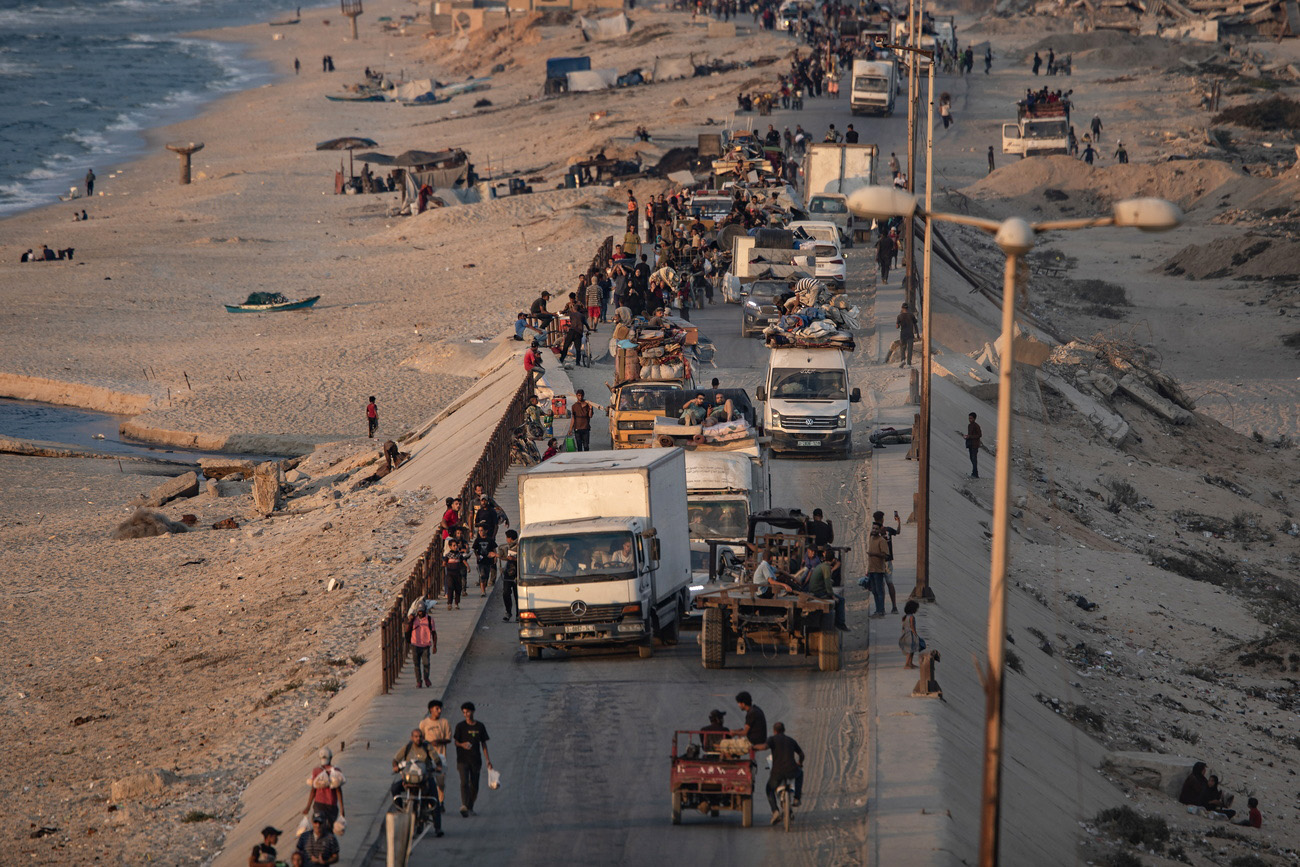
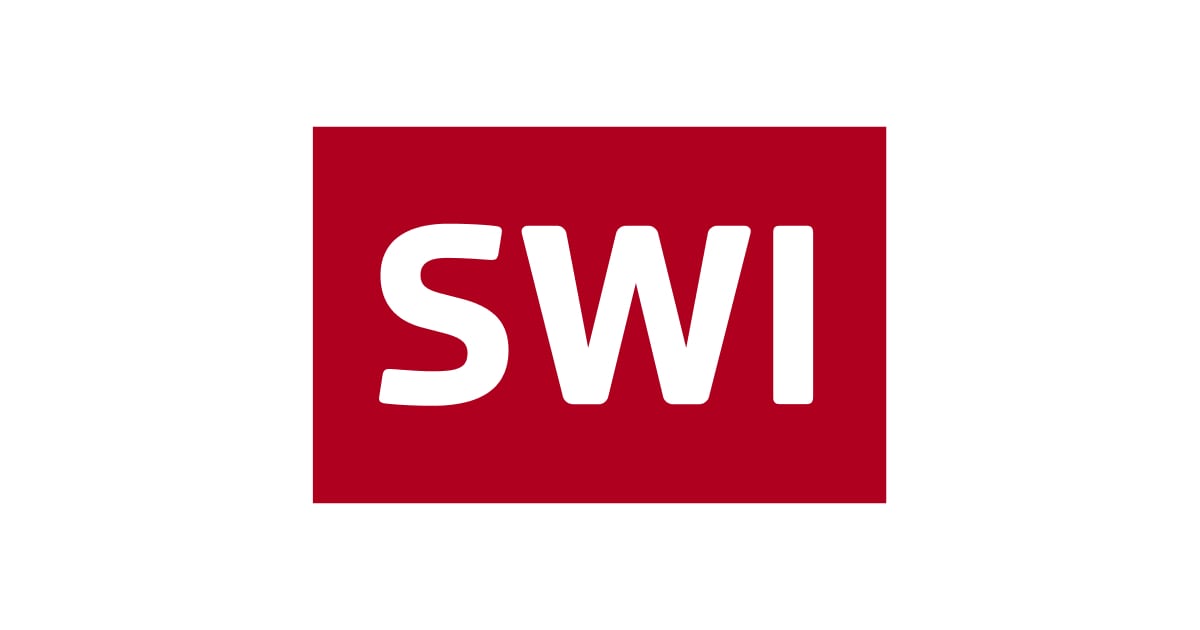







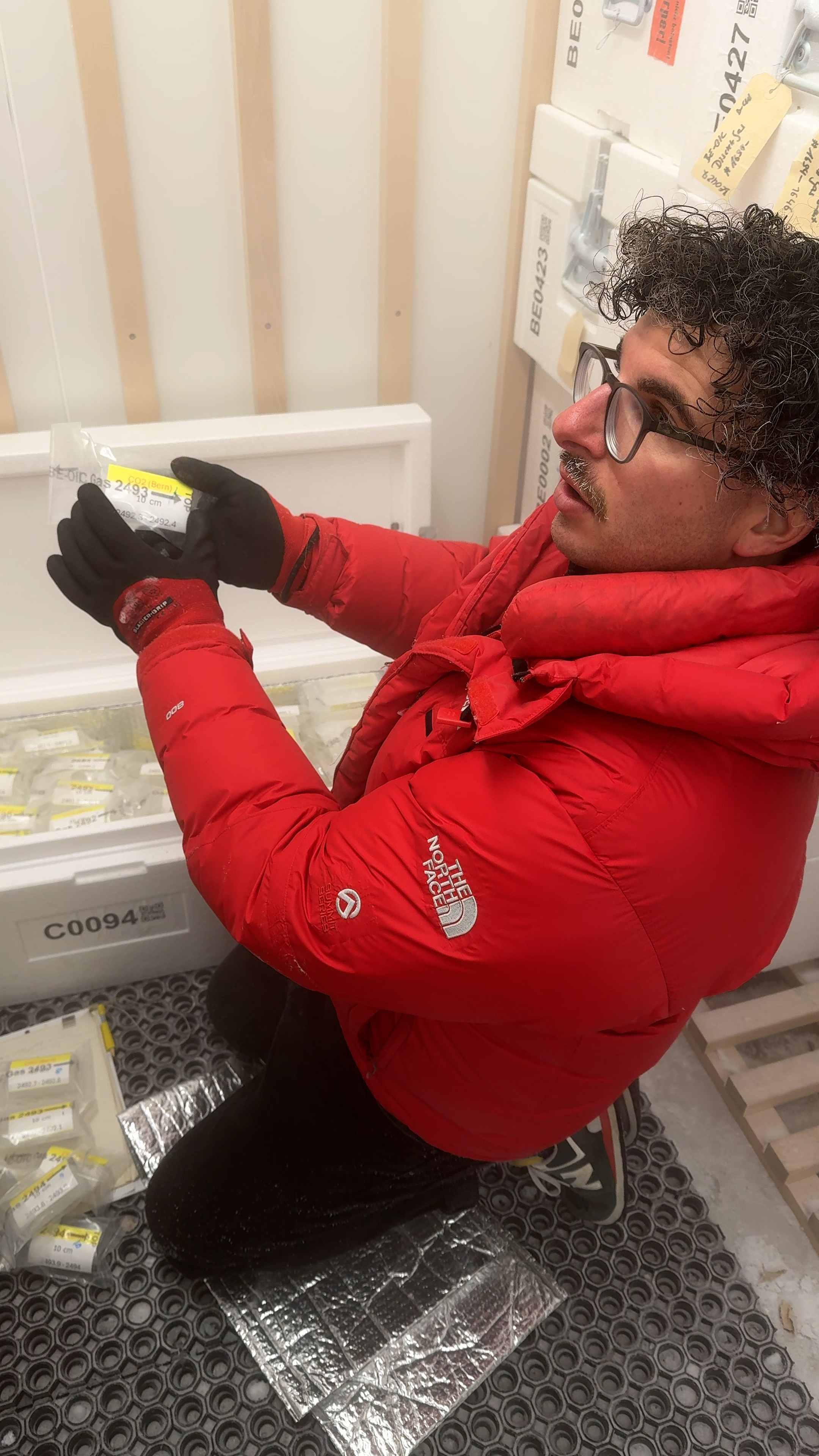










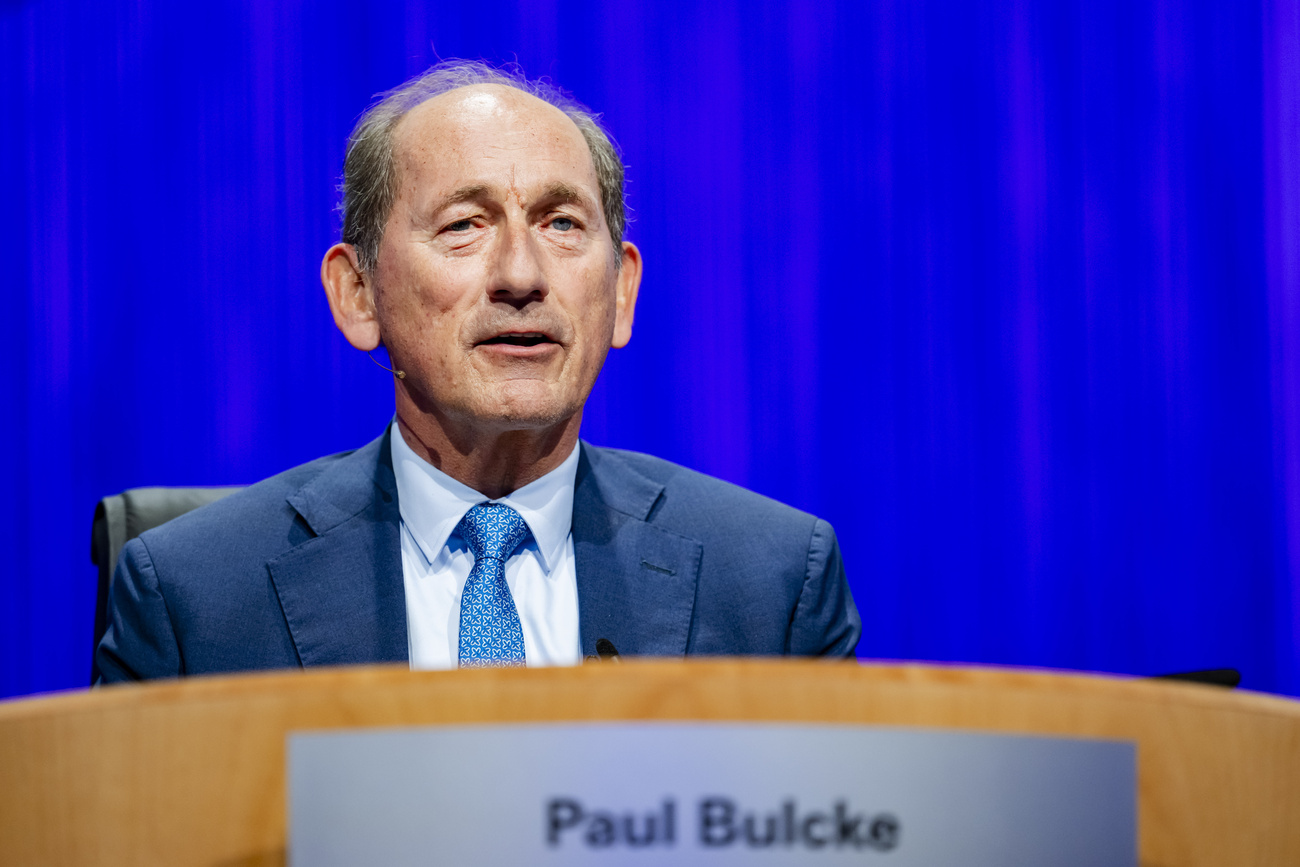




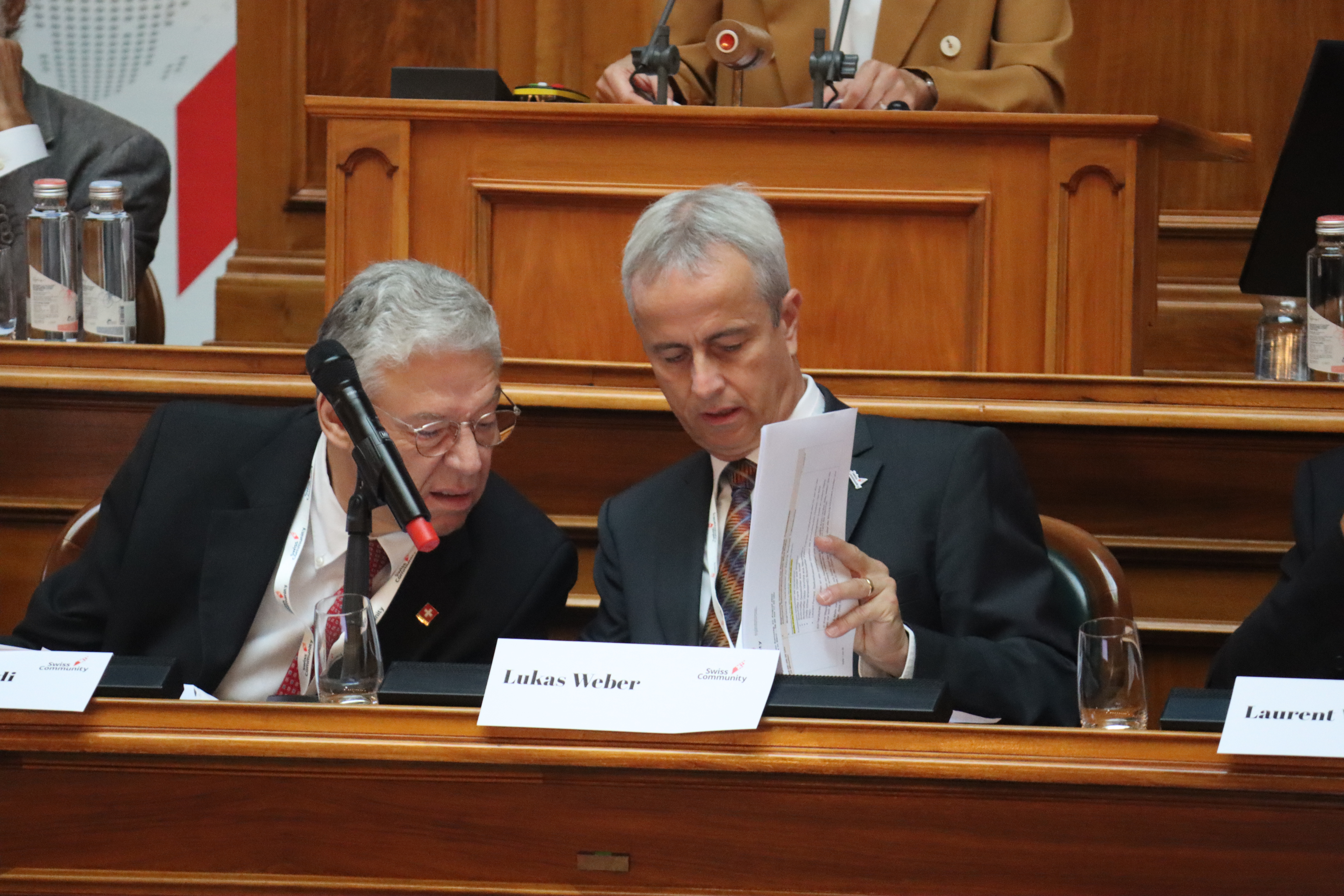
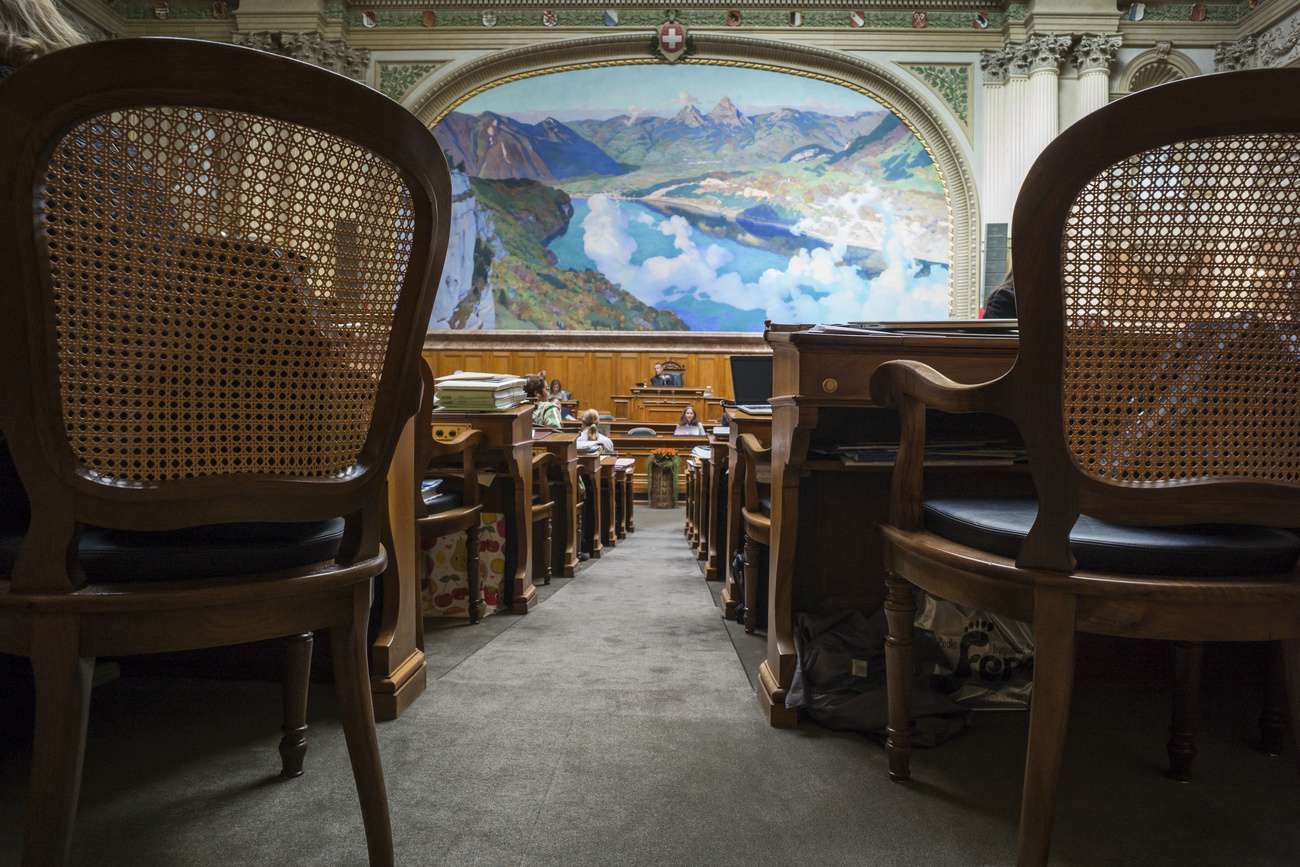










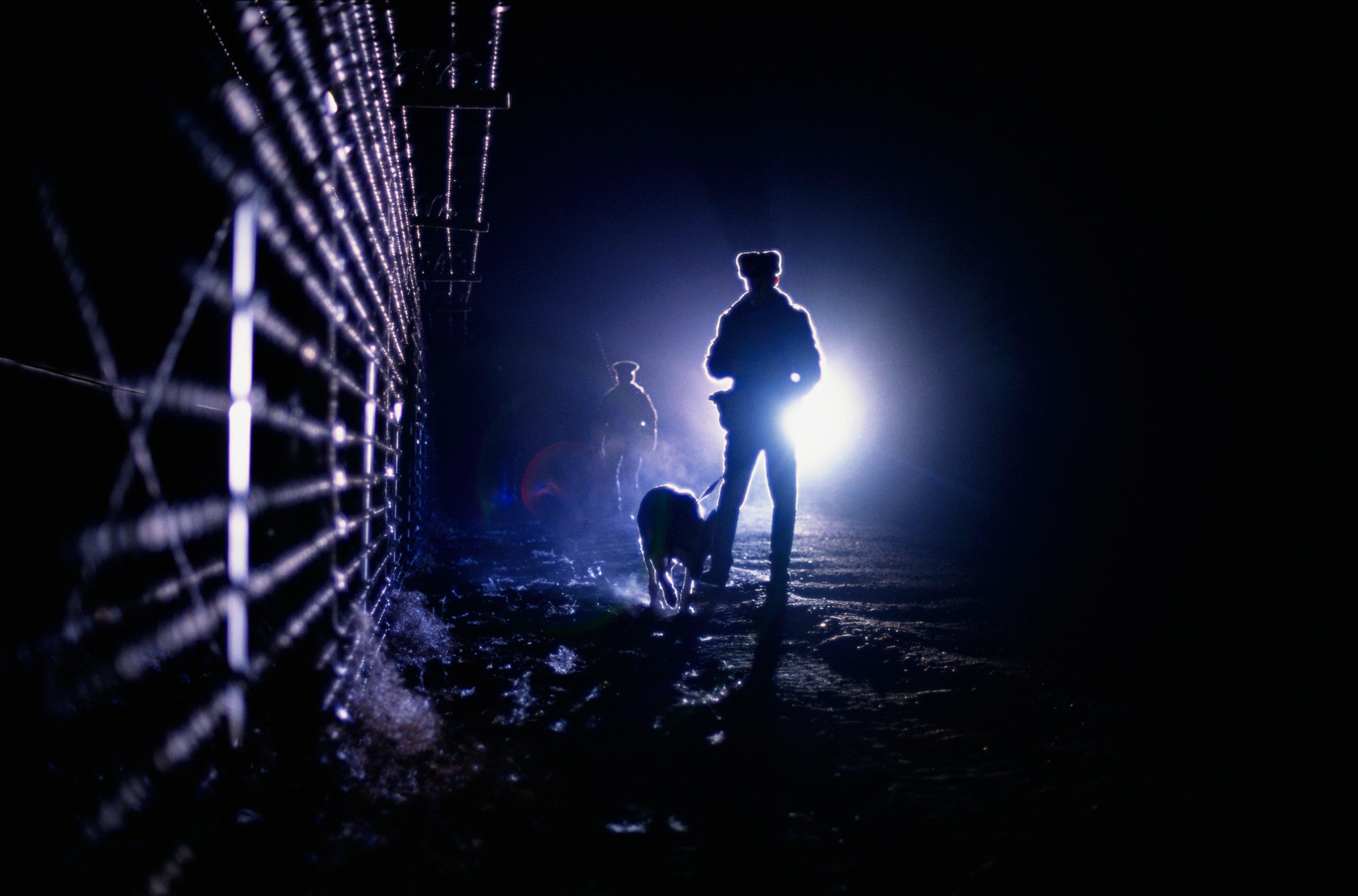
You can find an overview of ongoing debates with our journalists here . Please join us!
If you want to start a conversation about a topic raised in this article or want to report factual errors, email us at english@swissinfo.ch.